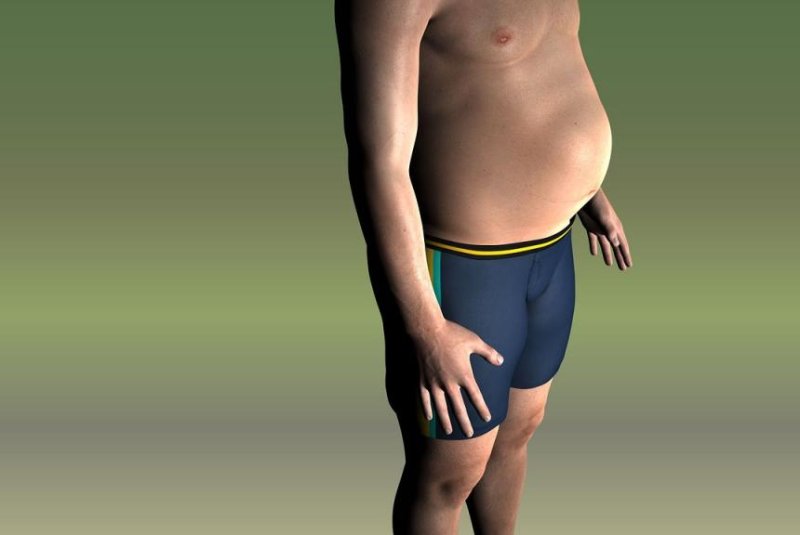Mild to moderate obese people might be able to lose weight if the nerve that carries the hunger signal to the brain is frozen, according to a new study. Photo by kalhh/
Pixabay
March 22 (UPI) -- People who are mildly to moderately obese might be able to lose weight if the nerve that carries hunger signal to the brain is frozen, according to a study.
A study of 10 people with a body mass index, or BMI, between 30 and 37 who underwent the procedure and were followed for 90 days suggesting the treatment works is due to be presented at the Society of Interventional Radiology's 2018 Annual Scientific Meeting in Los Angeles from, which starts Friday.
"Medical literature shows the vast majority of weight-loss programs fail, especially when people attempt to reduce their food intake," said lead study author Dr. David Prologo, an interventional radiologist from Emory University School of Medicine in Atlanta in a SIR press release. "When our stomachs are empty, the body senses this and switches to food-seeking survival mode. We're not trying to eliminate this biological response, only reduce the strength of this signal to the brain to provide a new, sustainable solution to the difficult problem of treating mild obesity."
In the procedure, an interventional radiologist inserts a needle through the patient's back. Guided by live images from a CT scan, the radiologist uses argon gas to freeze the nerve, known as the posterior vagal trunk. This nerve, which is at the base of the esophagus, is one of several ways the brain learns the stomach is empty.
In the study, which included two men and eight women between the ages of 27 and 66, all participants reported decreased appetite, and their overall average weight loss was 3.6 percent of initial body weight and nearly 14 percent of the excess BMI. In addition, there were no procedure-related complications and no other adverse affects found in followup exams.
"We developed this treatment for patients with mild-to-moderate obesity to reduce the attrition that is common with weight-loss efforts," Prologo said. "We are trying to help people succeed with their own attempts to lose weight."
Yolanda Dalton, 46, took part in the treatment to lose weight.
"I think I started out at 215 pounds and I'm at 185 pounds right now," Dalton said in an interview with KTRK-TV.
More patients are being recruited for a larger clinical trial of the procedure to test the efficacy and durability of the procedure, researchers say.
"It's not a mind-over-matter situation but a disease that's going to be treated," Prologo said. "We can silence the fat-shamers."















